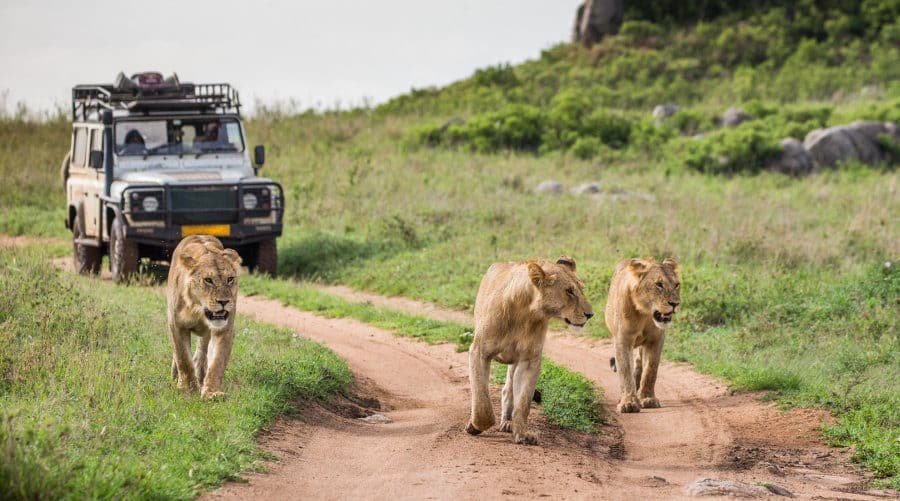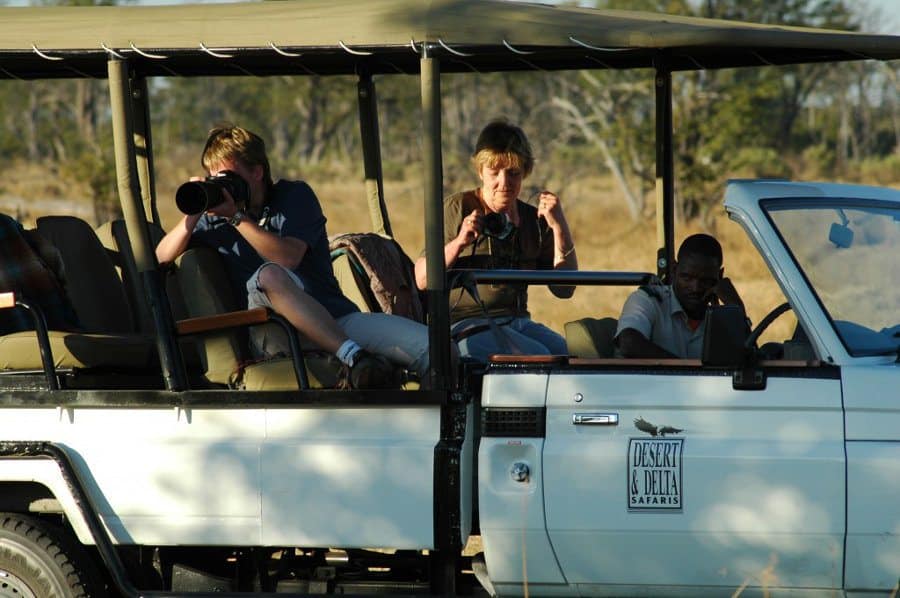The preparation and research that go into booking an African safari is exciting, but can also sometimes be time-consuming, confusing and stressful.
The steps leading up to the booking of a safari are not always clear, and first-time potential safari-goers may become overwhelmed with the amount of information available as well as the wide range of companies that are on offer to choose from.
If you are one of the people that need a bit of straightforward advice and guidance, then please read on, as this article covers a few steps involved in successfully preparing for a safari vacation.
Step 1: What places do you want to visit?
There are many great places to go on safari in Africa, so many that narrowing down where to go can often be a hard choice. Some popular examples of places that many people choose to visit are Kenya, Tanzania, Uganda, South Africa, Zambia, Botswana and Namibia.
Ultimately, choosing your safari destination is down to you, but some factors may make you lean towards some places rather than others. For example depending on where in the world you are flying from, you may wish to visit a place that has easier or cheaper flight options.
Once you have researched all potential holiday destinations, and narrowed it down, it is time to move on to the next step.
Step 2: What type of experiences do you want to have?
Ok, so this question is a bit vague on first impression, but hear me out, and you will get a better idea of what I mean.
The most common type of holiday in many African countries is a safari tour around National Parks and Game Reserves that exist there. However, there is also much more that you can see and experience when visiting a country as well as touring the wildlife parks.
Examples could include cultural visits to tribal villages, trips to landmarks and beautiful scenic spots and even volunteering at schools or orphanages.
Everybody has their own opinion of what type of experience they would like from an African safari holiday. Research any potential extras you would like to add to your itinerary thoroughly, and then keep note of them for when the time comes to draft up your itinerary.
Step 3: Private or shared safari?
I am not going to go into too much detail about this point, but it is something you should be aware of. Make sure you double check what type of safari you are going on before booking.
A shared safari means that not only will you and your group be sharing your vehicle and experience, but so will other people who have booked the same trip as you.
This can be a great experience for a lone traveller to meet new people, but does have its disadvantages, as you can never be sure that particular group dynamic will suit you.
A private safari means hiring the safari vehicle solely for your own group. This has many advantages, such as being able to choose your dates, choosing where you would like to visit, and the ability to add any extras to your itinerary.
Most of all though, the general aspect of having a much more personal and unique experience is a huge advantage in itself.
Step 4: Finding a tour operator that suits your requirements and budget.
There are countless African tour operators that can take you on safari, so deciding on which one to choose is not always an easy option.
First of all, you will want to put together a list of potential operators that you can find on search engines. Look for reliable tour operator lists, tour operator associations, governing body websites, and especially travel review websites or forums (e.g. Trip Advisor).
Once you have a list of tour operators, you can make initial contact with them via email or phone. You can eventually narrow down your list based on many factors such as customer service level and detail to any questions asked, response time, past client reviews, itinerary vs. price, etc.
The right tour operator should be reliable, friendly and open to suggestion, but also honest, frank and straightforward with their advice.



